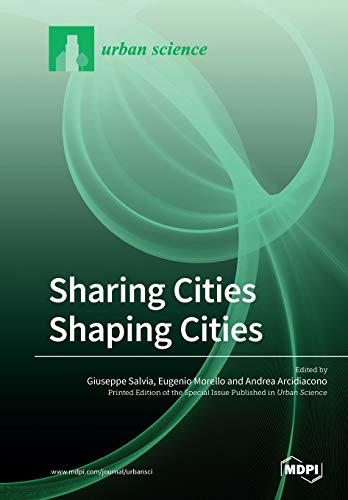

Most ebook files are in PDF format, so you can easily read them using various software such as Foxit Reader or directly on the Google Chrome browser.
Some ebook files are released by publishers in other formats such as .awz, .mobi, .epub, .fb2, etc. You may need to install specific software to read these formats on mobile/PC, such as Calibre.
Please read the tutorial at this link: https://ebookbell.com/faq
We offer FREE conversion to the popular formats you request; however, this may take some time. Therefore, right after payment, please email us, and we will try to provide the service as quickly as possible.
For some exceptional file formats or broken links (if any), please refrain from opening any disputes. Instead, email us first, and we will try to assist within a maximum of 6 hours.
EbookBell Team

5.0
98 reviewsThe sharing economy and collaborative consumption are attracting a great deal of interest due to their business, legal and civic implications. The consequences of the spreading of practices of sharing in urban environments and under daily dynamics are underexplored.
This Special Issue aims to address if and how sharing shapes cities, the way that spaces are designed and lived in if social interactions are escalated, and the ways that habits and routines take place in post-individualistic society.
In particular, the following key questions are of primary interest:
Scholars responded to the above questions from the fields of urban studies, urban planning and design, sociology, geography, theoretically-grounded and informed by the results of fieldwork activities.